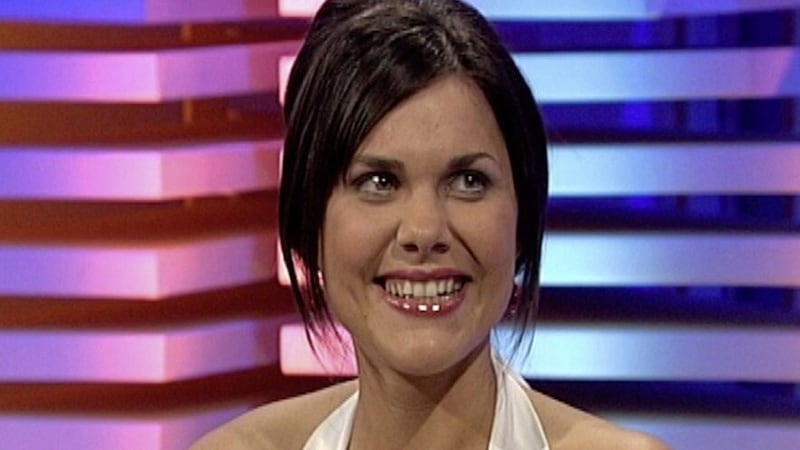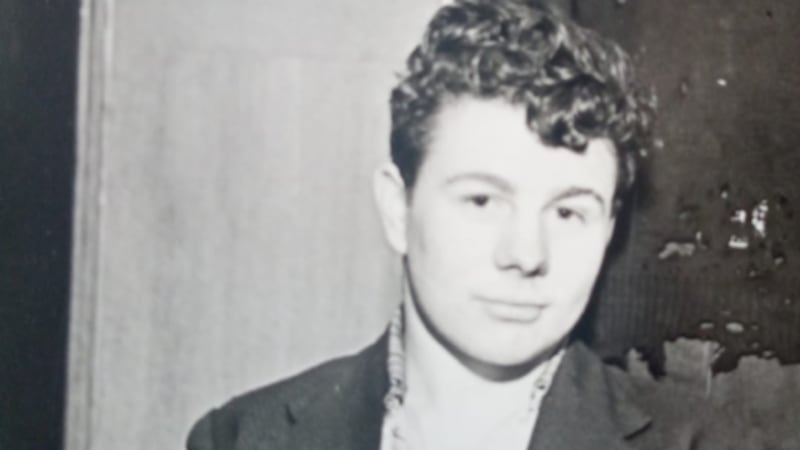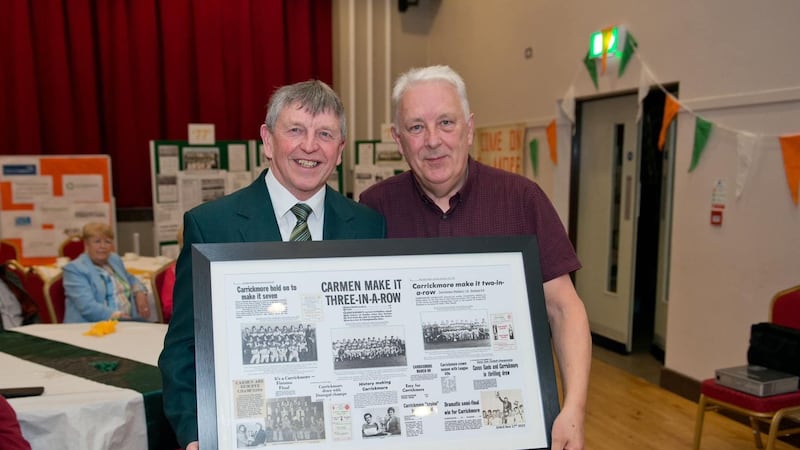A man convicted of stirring up hatred by taking part in singing a song which mocked the murder of Michaela McAreavey has avoided being sent to jail.
Dillion Kelly was sentenced to 240 hours community service for involvement in the chanting inside an Orange Order hall about the schoolteacher’s death.
The 22-year-old, of Edmund Court in Tobermore, denied the charge but was found guilty at Belfast Magistrates’ Court.
District Judge George Conner said on Wednesday: “I’m well and truly satisfied the words were (not just) abusive and insulting, but as a result hatred was likely to be stirred up.”
Ms McAreavey, the daughter of GAA football manager Mickey Harte, was attacked and killed by an intruder at her hotel room while on honeymoon in Mauritius in 2011.
In May 2022 a number of people were recorded taking part in a song about her murder.
The video clip, live streamed from a hall in Dundonald, east Belfast, during events to celebrate the centenary of the foundation of Northern Ireland, provoked public outrage.
Two other men have already pleaded guilty and been sentenced for the same offence.
Steven Kane, 26, from Coolshinney Heights in Magherafelt, received a four-month suspended custodial term, while 23-year-old Cian Jones, of Craigadick Road in Maghera, was given 240 hours community service.
Footage of the singing, which involved members of the flute band punching the air, was played at previous court hearings.
Prosecutors argued that the lyrics, including references to Ms McAreavy being “hammered and beaten about by strangers” were about mocking the murder of a young Catholic woman in a venue surrounded by Union flags.
The words used about her in the song were described as “abhorrent”.
The murder victim’s widower, John McAreavey, provided a statement on the distress caused to him and the wider family circle by the singing.
He set out his belief that there was a hateful and hurtful intent behind it.
Kelly declined to give evidence at the hearing, but during police interviews he denied taking part in the singing.
But following a contested hearing he was convicted on a charge of behaviour intending to stir up hatred.
In court, a Crown lawyer claimed Kelly has displayed little remorse or awareness of the impact on victims.
“He states that because of this offending he lost his job which he feels is unfair,” she submitted.
“This offence requires a deterrent sentence.”
Kelly’s solicitor, Richard Monteith, said the case had been taken over by a “media frenzy” and argued that the individual who live streamed events was never prosecuted.
He accepted the song’s lyrics were offensive and involved a “warped sense of humour”.
Urging the judge not to jail his client, Mr Monteith added: “Sending him to prison in the circumstances of how he challenged (the charge) on a legal basis is a step too far.”
Following submissions, Mr Conner decided to impose the maximum 240 hours community service.
“It’s not a case where it is necessary to send him into custody, it would be far better if he tries to put something back into the community,” he explained.
But he warned Kelly: “If the work is not done to a satisfactory standard you can anticipate an immediate custodial sentence.”


